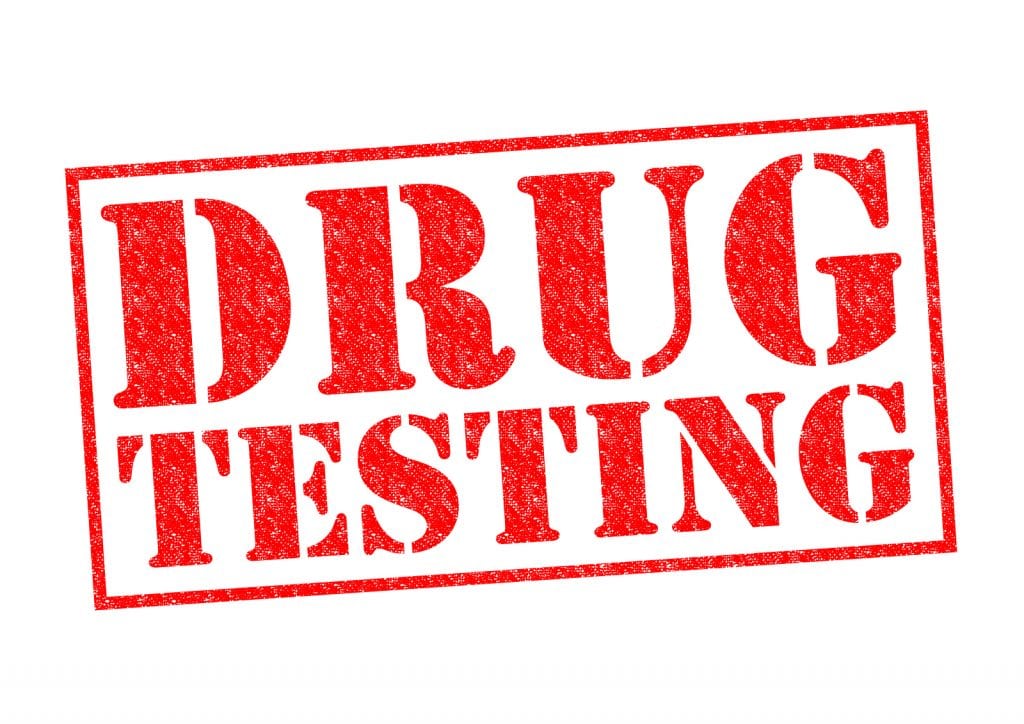 Should your firm follow the Fair Credit Reporting Act (FCRA) guidelines when it comes to disclosures, authorization for drug testing and adverse action because of a positive drug test?
Should your firm follow the Fair Credit Reporting Act (FCRA) guidelines when it comes to disclosures, authorization for drug testing and adverse action because of a positive drug test?
And the answer is………It Depends.
While many organizations include a drug test in the background investigation process, a drug test is not necessarily the same as a consumer report.
The FCRA requires, among other things, that employers provide disclosure and obtain consent before securing a consumer report. And it also requires employers take certain measures i.e. issue pre-adverse and adverse correspondence, when using adverse information in a consumer report to take adverse action.
The Federal Trade Commission (FTC) describes a consumer report as follows: “A consumer report contains information about your personal and credit characteristics, character, general reputation and lifestyle. To be covered by the FCRA, a report must be prepared by a consumer reporting agency (CRA)—a business that assembles such reports for other businesses.”
In an Advisory Opinion to Islinger (06-09-98) issued by the Federal Trade Commission stated “When a drug lab provides the results directly to the employer, the test is not a “consumer report” under the FCRA. When an intermediary does so, a detailed factual analysis is needed to determine the answer. When a CRA provides the test results, it is clearly making a “consumer report” to the employer. (But, the test results are not necessarily governed by the FCRA)
If an intermediary contributes to (or takes any action that determines) the content of the information conveyed to an employer, we believe it is “assembling or evaluating” the information and thus qualifies as a CRA. However, if the intermediary simply “acted as a go-between” between the employer and drug lab, it does not appear to be a CRA. Thus, an intermediary that provides only mechanical services (such as arranging for a lab test, collecting and forwarding samples to the lab, and transmitting test results) probably would not be a CRA making a “consumer report.”
The FTC explains , “An intermediary that retains copies of tests performed by drug labs and regularly sells this information to third parties for a fee is a CRA whose reports of drug test results are ‘consumer reports’ covered by the FCRA.”
So, what does all this mean? Basically, if your consumer reporting agency merely accepts drug test results from a laboratory and transmits them to your attention without any other manipulation, the drug tests are not governed by the FCRA. But, if your consumer reporting agency is compiling the results of drug tests from many other companies and is selling you the results of information in that database, then those reports are governed by the FCRA.
Additionally, there is a court case court case drug test not covered under FCRA 91-4559.0.wpd that arrives at the conclusion that drug tests are not governed by the FCRA if the result of the drug test is reported directly from the lab to the end user of the report. In that case an employee was required to take a drug test for reasonable suspicion. The specimen was positive for marijuana. The employee filed this action against the employer contending that the companies reporting the results to his employer were “consumer reporting agencies” that violated the FCRA by failing to use reasonable procedures to guarantee maximum possible accuracy in their “consumer reports.” The plaintiff’s suit against his employer alleging that the drug test was governed by the fair credit reporting act was dismissed.
Each state does have different rules about notifications when an individual tests positive in an employment relationship. We provide access to an excellent service called HR360. It lists all types of applicable rules by state and then by topic. We make this available to our clients and valuable business associates at no charge. If you wish to have a one-year subscription, just write us an email to info@randisiandassociates.com and put HR360 subscription in the subject line.


